
in this issue
general news
Welcome to the October issue of Bluelines!
We’re celebrating LGBT History Month with a month-long sale! Save 40–60% off select LGBT titles through 10/31. Browse the sale here and use code LGBT21 to get the discount. Keep an eye on our sales page for current sales and specials. Or, better yet, subscribe to our emails so you don’t miss out on special offers.
Our 2022 Journals catalog is now available! View the catalog here to see what’s coming up next year.
Don’t miss our next virtual author panel! Register for now for a “Image, Object, and Meaning in the Medieval and Early Modern Worlds,” and visit the PSU Press Presents page on our website to see the full schedule of author events.
The Press is still taking precautions related to Covid 19, so your orders and responses to inquiries might take longer than normal. Learn more here.
Enjoy!
new & noteworthy
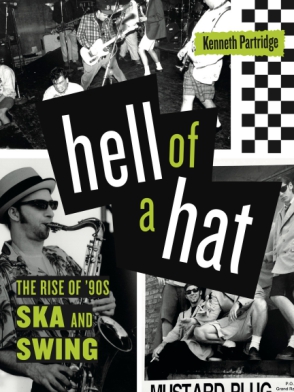 Hell of a Hat
Hell of a Hat
The Rise of ‘90s Ska and Swing
Kenneth Partridge
“Now it can be told: the ska and swing music of the glorious post-Nirvana ‘90s deserves your love and respect. Kenneth Partridge takes you back to the songs that will have your Vans tapping, with stories that will make your pompadour stand on end. Mr. Partridge, skanks for the memories.”—Dave Holmes, editor-at-large of Esquire and former MTV VJ
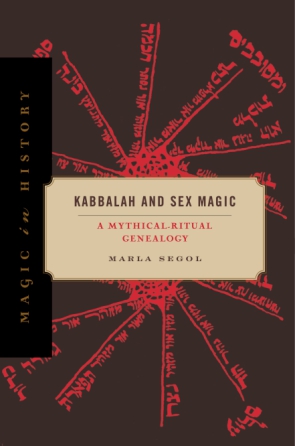 Kabbalah and Sex Magic
Kabbalah and Sex Magic
A Mythical-Ritual Genealogy
Marla Segol
In this provocative book, Marla Segol explores the development of the kabbalistic cosmology underlying Western sex magic. Drawing extensively on Jewish myth and ritual, Segol tells the powerful story of the relationship between the divine and the human body in late antique Jewish esotericism, in medieval kabbalah, and in New Age ritual practice.
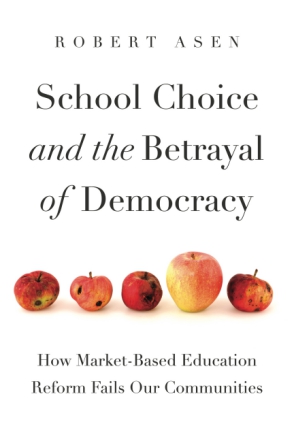 School Choice and the Betrayal of Democracy
School Choice and the Betrayal of Democracy
How Market-Based Education Reform Fails Our Communities
Robert Asen
“The affirmative and affirming vision of School Choice and the Betrayal of Democracy is one that rejects the ‘neutrality’ of ‘the market,’ and the habit of ignoring problems such as economic coercion, in favor of a world of interconnection. Asen’s elegant analysis of the (a)morality of neoliberalism is sure to be heavily cited for years to come”—Patricia Roberts-Miller, author of Demagoguery and Democracy
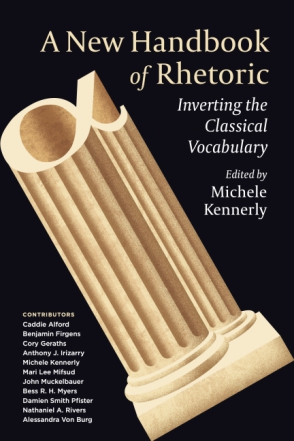 A New Handbook of Rhetoric
A New Handbook of Rhetoric
Inverting the Classical Vocabulary
Edited by Michele Kennerly
“A New Handbook of Rhetoric is a major contribution to the ongoing conversation about how contemporary rhetorical theory relates to the rhetorical tradition. The digital world and global crises such as climate change motivate a search for theories that can explain, accommodate, and advance rhetorical judgments and rhetorical practice. The ‘alpha-privative’ strategy employed here is novel and productive, offering an innovative way to both learn from the past and move into the uncharted and unprecedented future.”—Carolyn R. Miller, coeditor of Landmark Essays on Rhetorical Genre Studies
subject/series highlight
Read our Q&A with Andrew Casper, author of An Artful Relic: The Shroud of Turin in Baroque Italy, on the Shroud of Turin and debates about its authenticity.
How did the Shroud of Turin become such an important and controversial religious artifact?
As far as medieval and early-modern relics go I don’t think there could be one as tantalizing as the Shroud of Turin. We have to remember that many relics are small and rather humble in appearance—a piece of a saint’s bone, for example, is not that much to look at. But the Shroud is large and combines traces of Christ’s blood with an image in what effectively amounts to a stamp of his body when the cloth came into contact with it. That said, the Shroud’s emergence did not come about all by itself. Instead, certain conditions came into alignment in the late 1500s that nurtured its rise to prominence: the growing power of the House of Savoy, the strategic establishment of their new capital in Turin, and the reinvigorated sense of triumph after the Counter-Reformation.
psu press presents

If you missed our September virtual author panel, “Perspectives on Sensory History,” you can watch it on the PSU Press Facebook page!
Click here to learn more about PSU Press Presents.
unlocked book of the month
Each month we’re highlighting a book available through PSU Press Unlocked, an open-access initiative featuring scholarly digital books and journals in the humanities and social sciences. This month’s pick: Beliefs and Superstitions of the Pennsylvania Germans.
new from eisenbrauns
See more from Eisenbrauns over at Ancient News.new from graphic mundi
| Control your subscription options |
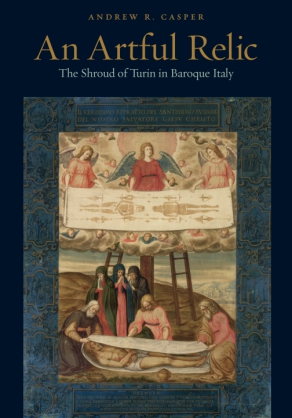
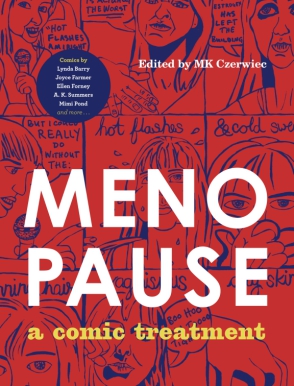
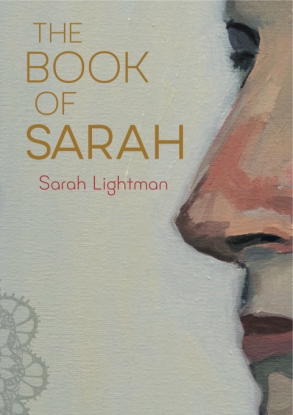
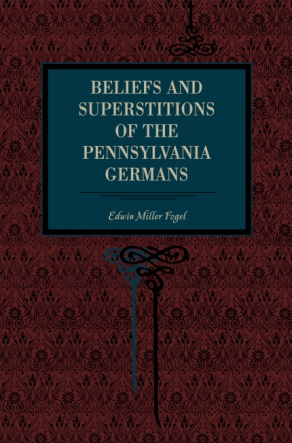
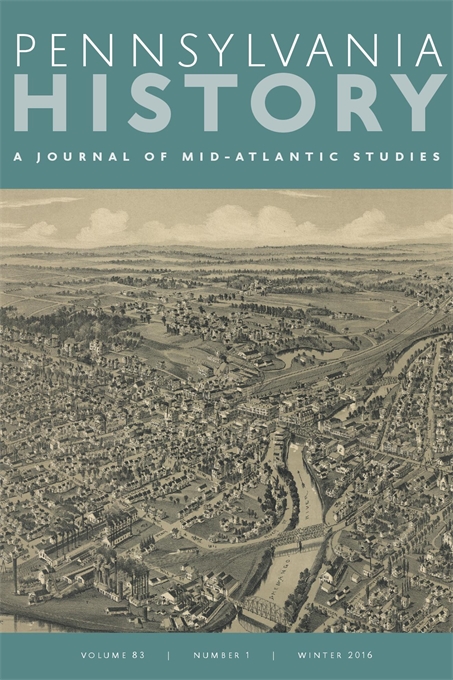
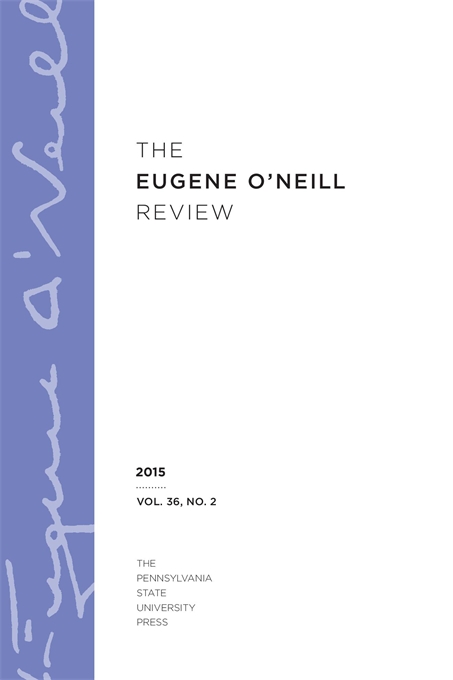
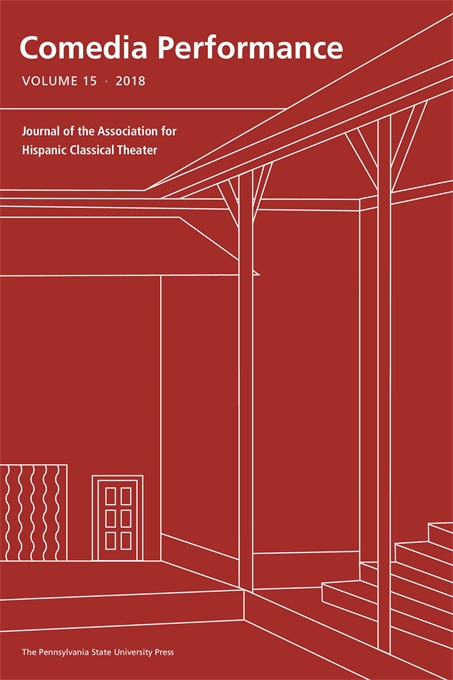
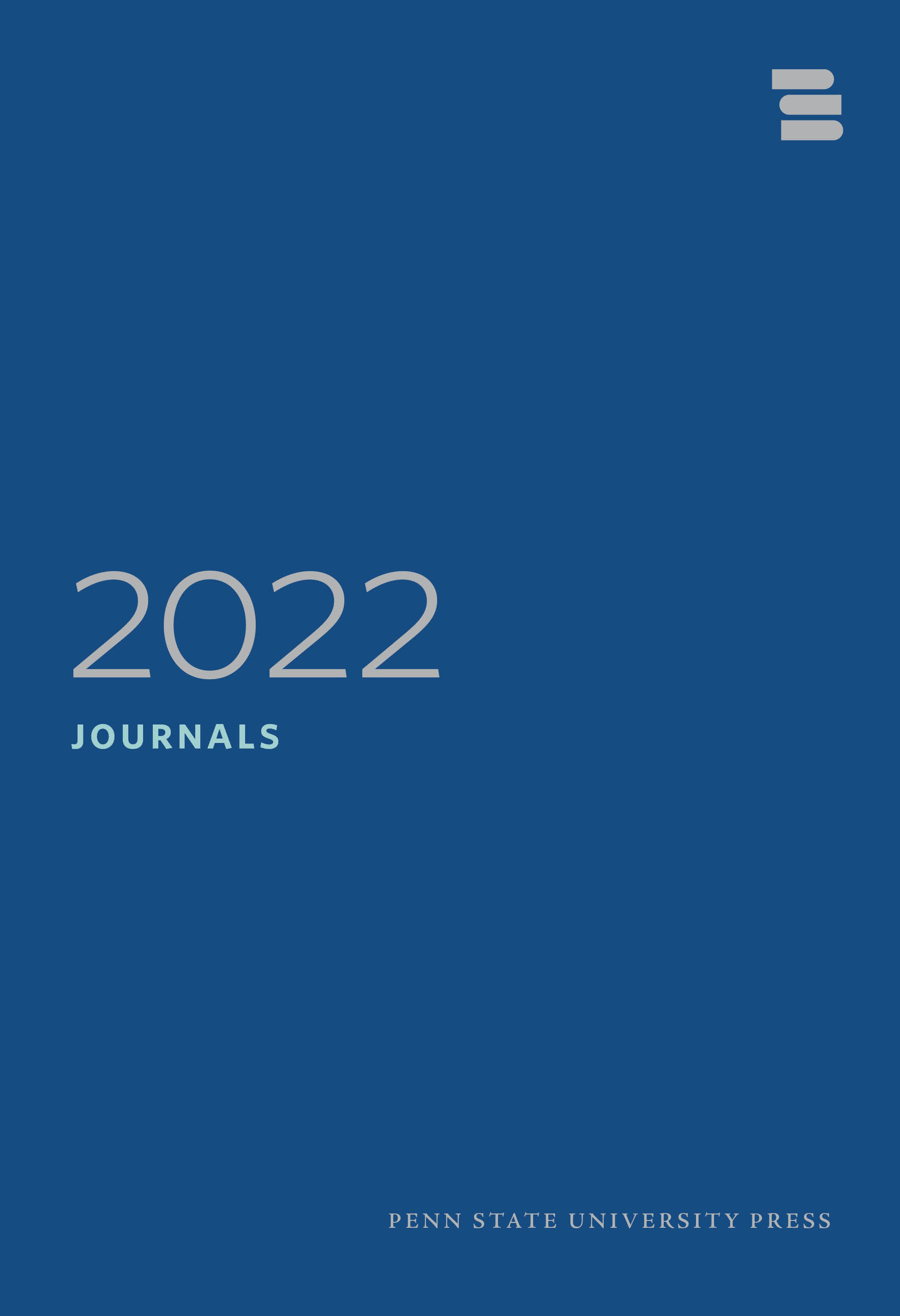
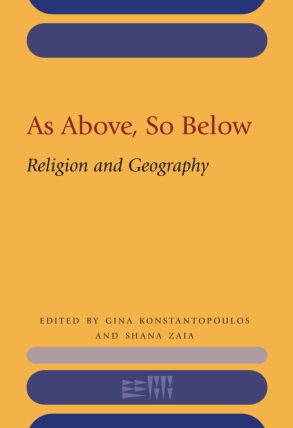 As Above, So Below
As Above, So Below
 The Road Taken
The Road Taken
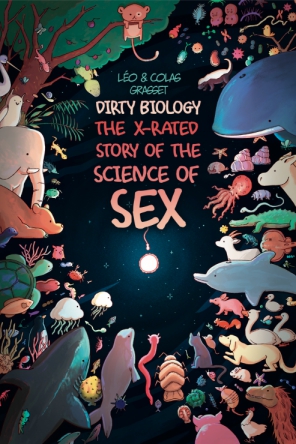 Dirty Biology
Dirty Biology
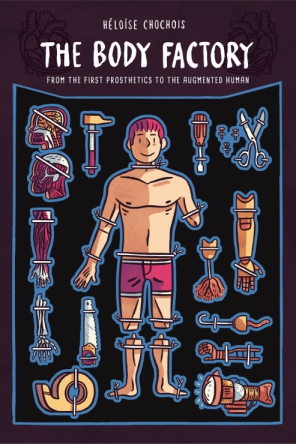 The Body Factory
The Body Factory
